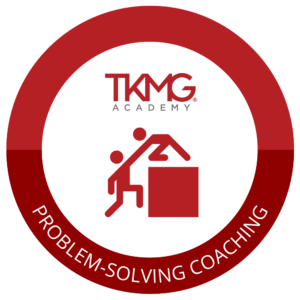Building deep problem-solving capabilities is often an organization’s most urgent developmental need—and they’re best developed through solving real-world problems with an experienced coach at a problem solver’s side.
In this course, Karen Martin covers the skills and traits coaches need and how to manage coaching sessions. She uses a real-world example to illustrate the learning relationship between a coach and problem solver—and specific coaching techniques.
You will learn:
-
Common obstacles to effective problem solving
-
Mindsets and behaviors that boost problem solving
-
Specific coaching techniques
-
The A3 Report: How it’s used as a coaching aid
-
How to spread learning across an organization
NOTE: We strongly recommend you take our Structured Problem Solving course before taking this coaching course. To be an effective problem-solving coach, two skillsets are needed: problem-solving proficiency and coaching proficiency. This course helps build coaching skills.
Licenses are valid for one learner only and are not transferable. All learners must have their own license to view or listen to the course.
What You'll Earn
Learners who pass the final exam with a score of 80% or higher receive a signed, dated, and numbered course completion certificate and Achievement Badge.
TKMG Academy Achievement Badges include digital credentials—issued by Credly—which verify accomplishment. Learners can easily share their badges on LinkedIn and other social sites—and with employers and professional associations—to demonstrate their commitment to continuous learning and growth.

Course Breakdown
- Lesson 1 – Introduction
- Lesson 2 – Problem-Solving Obstacles
- Lesson 3 – The Coach’s Role
- Lesson 4 – Coaching Structure & Relationship
- Lesson 5 – Coaching Experience & Traits
- Lesson 6 – The A3 Report: Purpose
- Lesson 7 – Coaching & Socratic Questions
- Lesson 8 – Initial Coaching Session: Part 1
- Lesson 9 – Initial Coaching Session: Part 2
- Lesson 10 – Second Coaching Session
- Lesson 11 – Third Coaching Session
- Lesson 12 – Building the A3 Report
- Lesson 13 – Fast Forward to the End
- Lesson 14 – Final Thoughts

